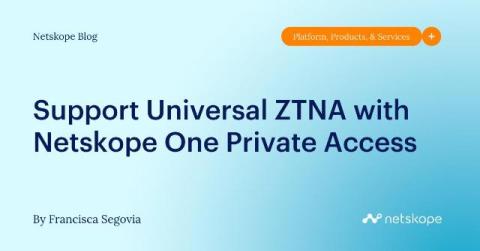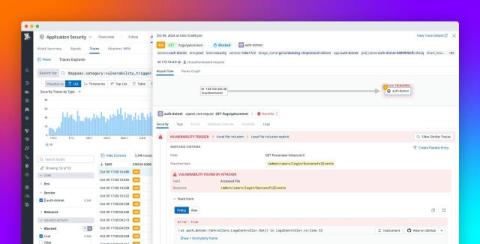Attackers Abuse DocuSign to Send Phony Invoices
Threat actors are abusing DocuSign’s API to send phony invoices that appear “strikingly authentic,” according to researchers at Wallarm. “Unlike traditional phishing scams that rely on deceptively crafted emails and malicious links, these incidents use genuine DocuSign accounts and templates to impersonate reputable companies, catching users and security tools off guard,” Wallarm says.











